Wet Paint
Checking In With the Artist Who Waved Goodbye to the Art World and Struck a Nerve—and More Juicy Art World Gossip
Plus, the inside scoop on a new Manhattan gallery that just might be making NFTs cool again (or for the first time).
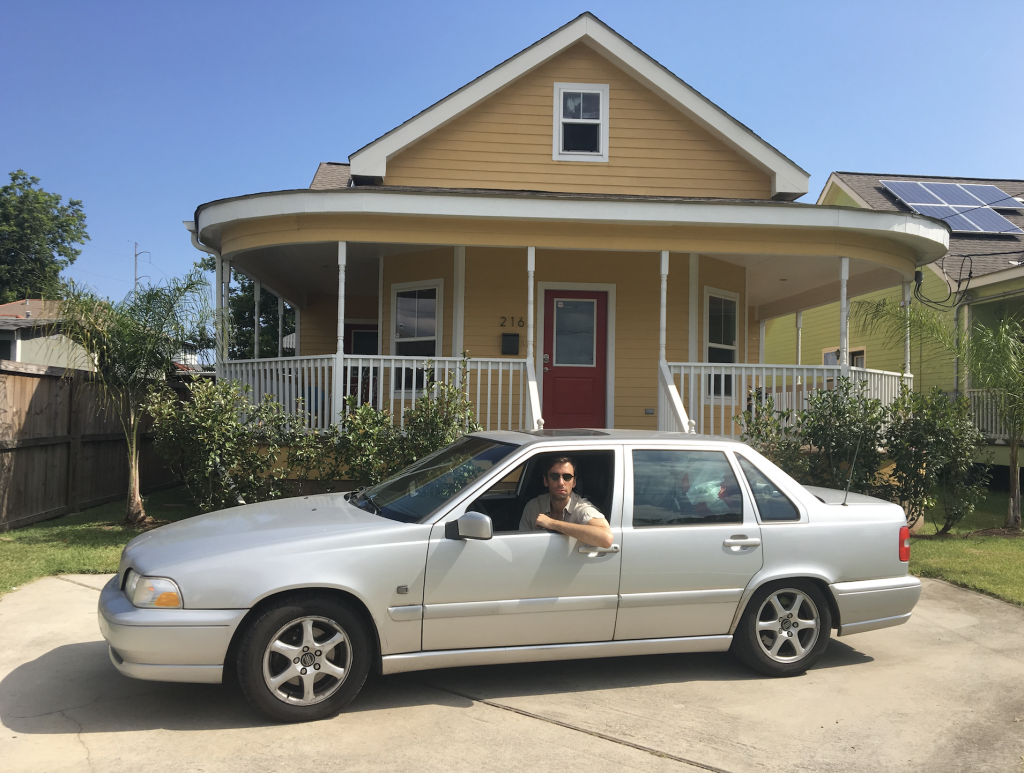
Plus, the inside scoop on a new Manhattan gallery that just might be making NFTs cool again (or for the first time).

Annie Armstrong

Every week, Artnet News brings you Wet Paint, a gossip column of original scoops. If you have a tip, email Annie Armstrong at [email protected].
Last week, artist Andrew Norman Wilson published an essay in The Baffler that has struck a chord with disillusioned art workers of all kinds. Titled “It’s Not What the World Needs Right Now,” the trenchant piece details the ups and downs of his art career over the past eight years, leading up to his decision to say goodbye to the art world for greener pastures in the film industry.
The article reads like an unrelenting odyssey in search of a home that no longer exists, if it ever did: a financially stable and creatively fulfilling life as a highly conceptual video artist. Along the way, Wilson figures out how to make ends meet amid canceled projects and endures brutally painful “slipping rib syndrome,” which leaves him with a mountain of medical debt. Wilson reveals all: faking a residency aboard an ocean liner to appear in an Artsy listicle, battling manic hysteria while lecturing on his work at Princeton, and experiencing the sublime for a fleeting moment while snorkeling in the Gulf of California with sea lions.
The piece has sparked many sullen cocktail party conversations about the state of the art industry and the challenges that artists face, so I decided to give Wilson a call to hear about the reaction to his writing—and how he is doing now. Here’s what he told me, edited and condensed for your reading pleasure.
WET PAINT: How are you? How’s it been since the piece came out?
ANDREW NORMAN WILSON: It’s been disruptive, but in a nice way. I didn’t anticipate that it would have this momentum. And due to the personal disclosures within, it inspired a lot of people I’m friends with to reach out and say, “Hey, glad to hear you’re doing better.” So it’s been a lot of texting. It’s incredible.
WP: I’m sure that wasn’t the intended outcome of the piece. It read to me like a swan song, leaving the art world.
ANW: I think one of the main objectives of the piece was to prove that I can function outside of contemporary art. So that’s why there’s the cheeky bit at the end with my email, saying that scouts can reach out. I’m taking opportunities in the art world when the price is right, but I wanted to demonstrate that I can work in this other format. I wanted to write something that was—albeit fragmented—still narrative, and tell a story that I thought was amusing and unique because I think people see artists as either starving artists or super rich.
Right, you’re either Jeff Koons or Patti Smith in Just Kids.
I’ve written about it before, but the experience of being whisked away to Europe, and being driven around in UBS Art Basel cars, and then going home to your hovel and not having money for food: It’s interesting. It’s obviously a position of privilege, and at least a quarter of the time it feels amazing to live this life. But yeah, more than half the time it’s pretty stressful.
I can certainly relate. It’s amazing how accustomed I’ve gotten to oscillating between Balthazar and Trader Joe’s frozen food. Did you hit a boiling point and decide to write this? Or had it been roiling for a while?
These are thoughts that I’ve harbored for years now, and I haven’t really published anything like this since 2016, when I published my essay with e-flux “The Artist Leaves the Googleplex.” I see this essay as picking up where that one left off.
I was extremely uncomfortable writing about all of this, because it’s so personal. But then I started showing what I was writing to a few people who said, “Oh, this is actually really special.” So that gave me the confidence to follow through with it. I’m writing this from a distance, too, and I didn’t want it to sound like a complaint. I’m making fun of myself, too.
Right, you do keep re-entering this toxic environment instead of, say, applying to law school. Do you see any small changes to the infrastructure of the art market that you think could make a lot of difference for artists?
The small change that I’d offer is that it would be nice if patrons gave more money to institutions, and more of that money went to the artist, rather than upholding the bureaucracy. I’m there getting a $500 or $1,000 artist fee for what has been months of work. For painters and object makers, this isn’t as much of an issue, because then the institutional show is used as leverage for the sale of the work. But it’s just obviously harder to sell video art.
I could talk about freelancers’ unions and collectivized healthcare, but those solutions feel like a few steps down the line. I just think there should be higher artist fees. That would make a huge difference.
I know this is a broad question, but what do you see as the main problems in the art world today? What are we really up against?
I don’t want to say that this is the main problem in the art world, but a lot of the time when I’m at a gallery or an institution, I’m not actually looking at something that qualifies as an art object. I’m looking at a financial instrument, or I’m looking at a proposal for interior decor. I think artists have lost touch with what makes art unique, and curators have as well.
It’s funny, when I was at the Whitney Biennial, I felt like I was surrounded by European families who had paid, like, $150 to get the whole family into the show, and I remember this one kid asking his mom, “So what does this mean?” and his mom just says, “Please, please stop asking me that. There’s wall text.” But there are ways to make art that doesn’t rely on the crutch of the didactics on the wall. The value of the work can reside in the work itself.
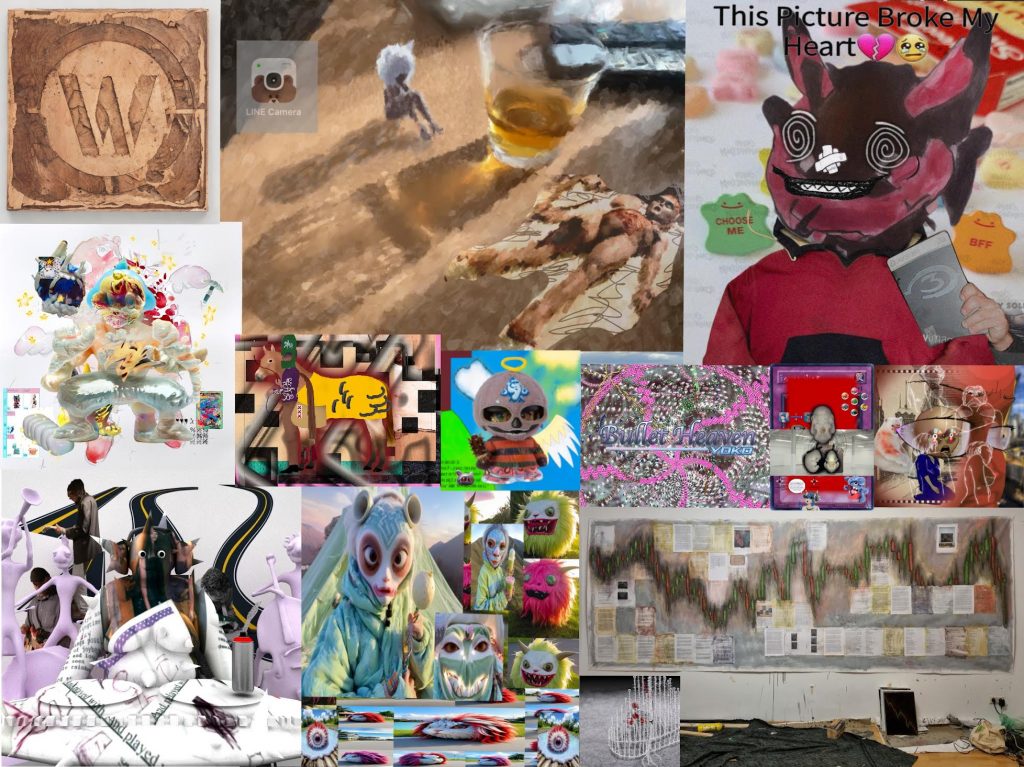
A compilation of artwork on view through Galerie Yeche Lange by Wretched Worm, Supermetal Bosch, Nomemene, Miles Peyton, Tojiba CPU Corp, Jim Spindle, Evil Biscuit, Jared Madere, Spiky DJ, Sam Hains, and earl16o1 *. Courtesy of Galerie Yeche Lange.
Can I say something that might anger certain people? I think we are entering a new era of crypto art, and this one may actually be exciting.
Just give me three minutes of your time to explain.
Last weekend, various artists and members of the downtown intelligentsia descended on critic Dean Kissick’s new Lower East Side salon/gallery Earth for a tournament of a chess-like board game called Super Metal Mons that was created by “avant-NFT” artist Supermetal Bosch.
The event was a kind of soft launch for Galerie Yeche Lange, a crypto art–focused gallery that currently exists only on Discord but that will soon open an IRL space in the Financial District. The venture was cofounded by the psychedelic-surrealist artist Jared Madere, who ran a roving gallery, Bed Stuy Love Affair, out of an RV in New York about a decade ago.
For the past three years, Madere’s been operating Galerie Yeche Lange online while bopping from one European capital to another. Its specialty is a movement that the artist terms “avant NFT.”
“It’s more aesthetically leaning, [rather] than something grounded in conceptual work,” he told me over the phone. “A lot of the people interested in it are interested in radical aesthetic forms. ‘Avant NFTs’ are about images, and pushing images to an extreme place.”
Galerie Yeche Lange’s physical space will open next month at 11 Broadway, just across the street from the Charging Bull statue. In two weeks, Madere will publish an online library of imagery that falls under the “avant NFT” aesthetic so that people can “engage without actually buying anything.”
Kissick put Madere in “Ugly Painting,” a group show he curated last year with art advisor Eleanor Cayre at Nahmad Contemporary on the Upper East Side. “I don’t see anyone else talking about this technology in such optimistic ways,” Kissick told me of Madere’s vision. “He really believes in NFTs and the people he’s working with, and he really believes they can change culture in a serious, meaningful way. It’s so exciting to hear someone who has that belief.”
Madere elaborated: “We want to present this as, ‘Hey, this isn’t this sideshow of people that collect Cracker Jack prizes.'”
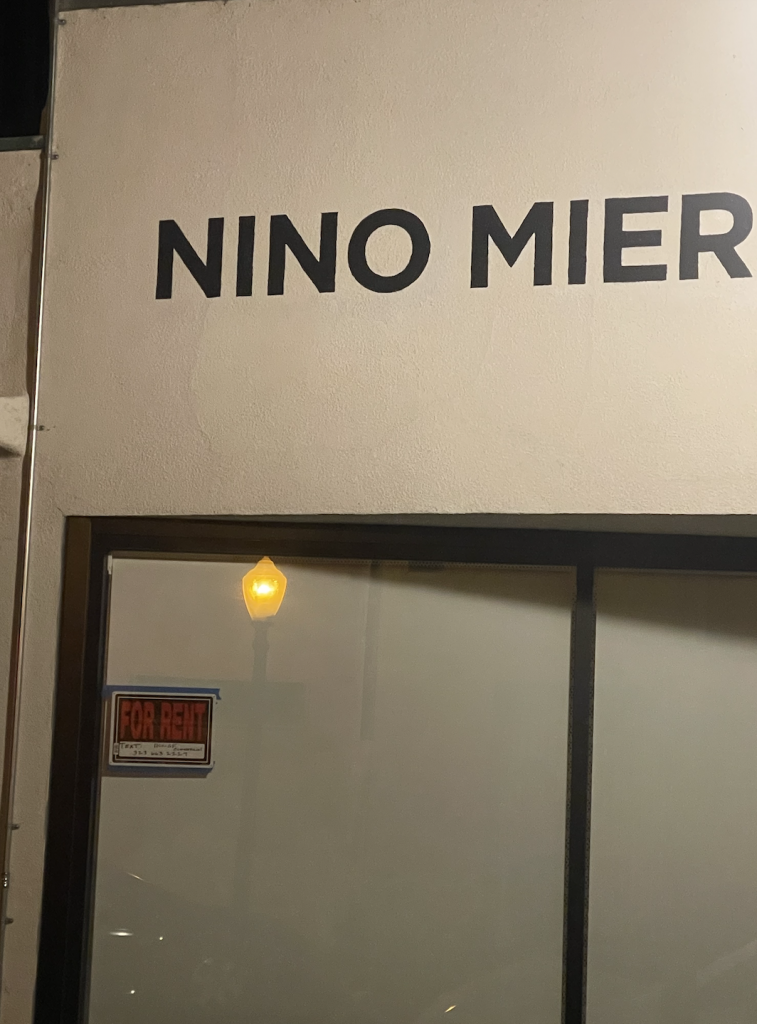
Courtesy a tipster.
Dealer Nino Mier’s location in Los Angeles’s Glassell Park is up for rent… Speaking of L.A., I heard that Il Buco, the beloved haunt on Bond Street in Manhattan, is opening a restaurant there … Ever been curious to know what exactly being the director of the Armory Show entails? A posting for the job has just been published, following the departure of former director Nicole Berry, and it is pretty thorough. The stated salary range: $150,000 to $200,000… Socialite Colby Mugrabi’s launch for her crypto-art project mmerch in a pop-up space on Broome Street was attended by the likes of real-estate tycoon Aby Rosen, fashion designer Marc Jacobs, Garage Museum-founder Dasha Zhukova, and artist Tom Sachs… The “American and European entities” of Clearing gallery are splitting ways, with the Brussels space heretofore named for the gallery’s former partner, Lodovico Corsini. (Is now where I get to say, “I told you so”?) Founder Olivier Babin will continue to helm the New York and Los Angeles locations under the Clearing name… Can anyone name a cooler artist-muse relationship than the one between photographer Collier Schorr and actress Kristen Stewart? I can’t…
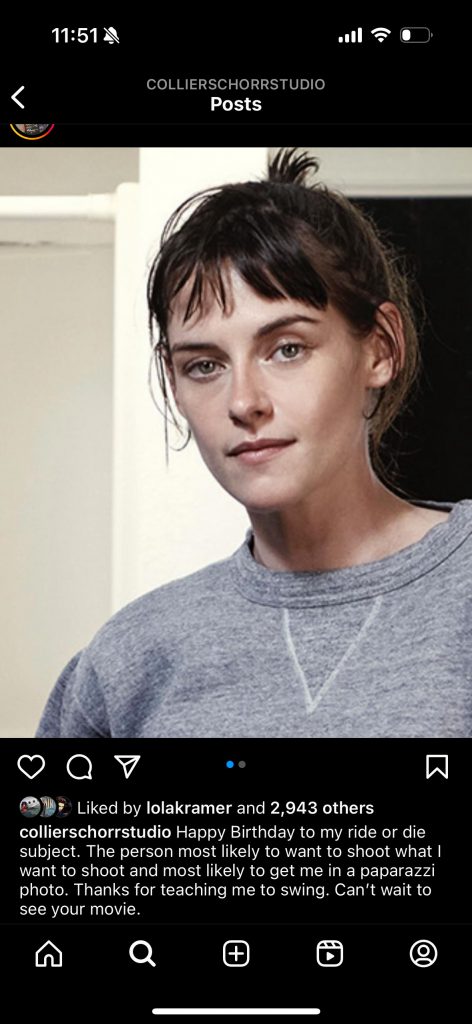
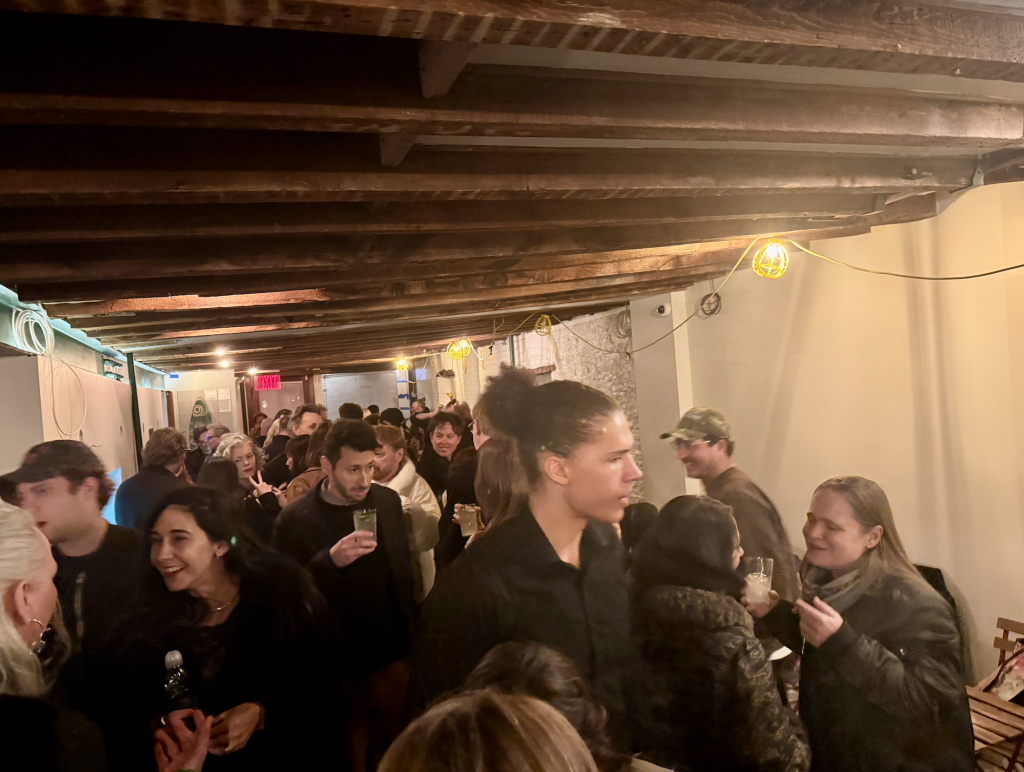
The scene at 56 Henry’s afterparty for Jonah Freeman and Al Freeman Jr.’s respective openings. Photo by Annie Armstrong.
Who doesn’t love to go to a party thrown in an unfinished restaurant? This weekend, New York’s 56 Henry threw their afters for Jonah Freeman and Al Freeman Jr.’s tandem openings at Cecilia, the not-yet-opened restaurant on Saint Mark’s in the former Jaffa Cafe space. All of the trappings of a non-functional operation only made it more appealing. Vinho verde was served in what appeared to be Ramune bottles, delectable sliders came out of the kitchen with frustrating infrequency, and cigarette smoke trickled inside from the back porch, where dealers Adam Lindemann and Brendan Dugan hobnobbed with artists like Lizzi Bougatsos, Nate Lowman, and Kon Trubkovich. I wonder if this is how it felt to drink during Prohibition. See you next week.